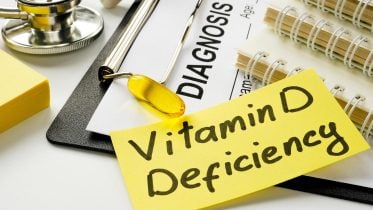The new Clinical Practice Guideline by the Endocrine Society recommends against excessive vitamin D supplementation in healthy adults under 75 and unnecessary testing for vitamin D levels. It advocates higher vitamin D intake for children, the elderly over 75, pregnant individuals, and adults with prediabetes. New Endocrine Society Guideline recommends vitamin D higher than the recommended daily allowance for children, pregnant people, adults over 75, and adults with prediabetes.
Healthy adults under the age of 75 are unlikely to benefit from taking more than the daily intake of vitamin D recommended by the Institutes of Medicine (IOM) and do not require testing for vitamin D levels, according to a new Clinical Practice Guideline issued today by the Endocrine Society. For children, pregnant people, adults older than 75 years and adults with high-risk prediabetes, the guideline recommends vitamin D higher than the IOM recommended daily allowance. The Debate Over Vitamin D Vitamin D use and blood vitamin D levels have been associated with many common diseases.

However, whether vitamin D supplementation lowers the risk of these diseases and what vitamin D blood levels are needed for better health have been debated for years. In this new guideline, the panel of experts established guidelines for vitamin D use and testing for vitamin D levels in healthy persons without established indications for vitamin D treatment or testing. The guideline relied on clinical trials to develop th.
















